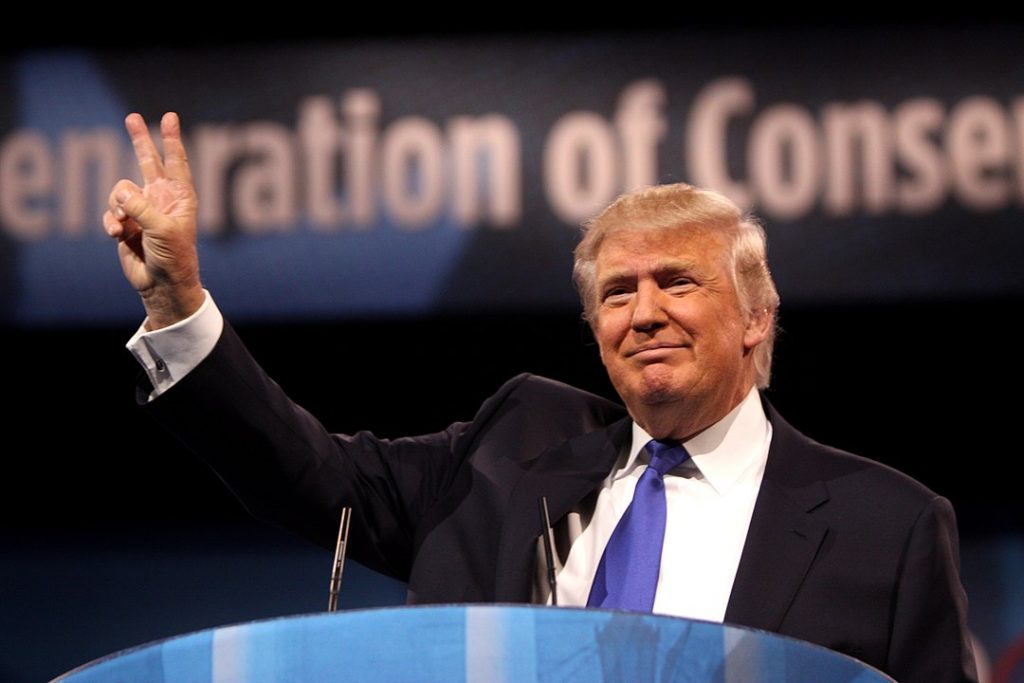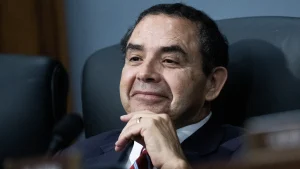Trump announces "DOGE" advisory group, attracting instant lawsuits.
US President Donald Trump has formally declared the establishment of an advisory committee focused on implementing significant reductions within the US government, which has already prompted immediate legal challenges regarding its activities.
This committee, referred to as the Department of Government Efficiency, or "Doge," is co-led by Tesla CEO Elon Musk and aims to achieve ambitious objectives, including the elimination of entire federal agencies and a reduction of three-quarters of federal government positions. Vivek Ramaswamy, a former Republican presidential candidate, serves as a co-chair but is expected to announce his resignation from Doge next week as he prepares to enter the gubernatorial race in Ohio, according to a source familiar with Mr. Ramaswamy's intentions.
“To restore competence and effectiveness to our federal government, my administration will establish the brand new Department of Government Efficiency,” Mr Trump said in his inaugural speech Jan 20.
The committee, despite its designation, does not function as a department and possesses limited official authority to execute any reorganization, much less the drastic reductions suggested by Mr. Musk and Mr. Ramaswamy. In response to the announcement, various government employee unions, oversight organizations, and public interest groups filed lawsuits almost immediately. Among the plaintiffs were National Security Counselors, who claimed that Doge was in violation of a 1972 statute regulating federal advisory committees.
The American Public Health Association, the American Federation of Teachers, and Citizens for Responsibility and Ethics in Washington, another oversight organization, also joined the legal action. Additionally, Public Citizen, a separate watchdog group, is pursuing legal action regarding Doge’s ambiguous legal status, alongside a union representing U.S. government employees. Tesla and the White House’s Office of Management and Budget, named as defendants in the lawsuits, did not respond promptly to requests for comments.
Advisory committees aimed at reducing government waste are frequently announced with much publicity but often achieve minimal results. For instance, in 1982, then-President Ronald Reagan introduced a panel of “outstanding experts from the private sector” to assess the spending of the executive branch. Ultimately, the panel submitted its report 18 months behind schedule, and the majority of its recommendations were never put into practice.





















